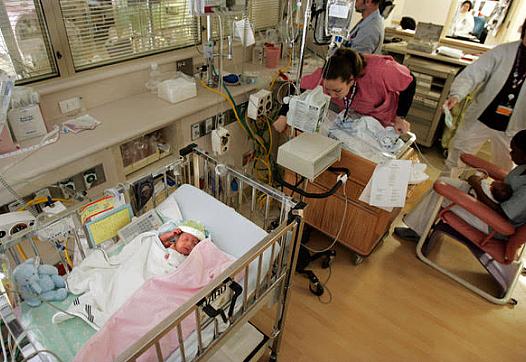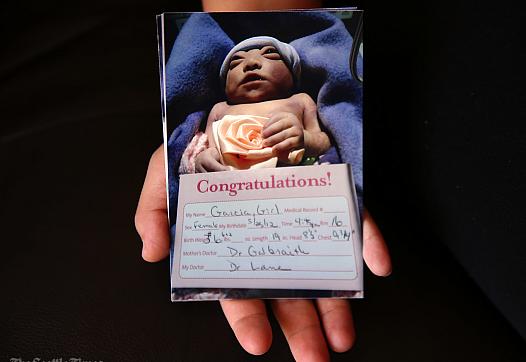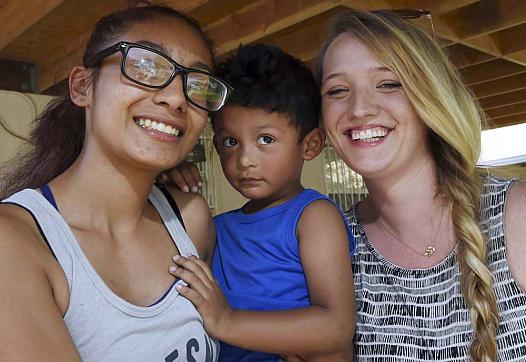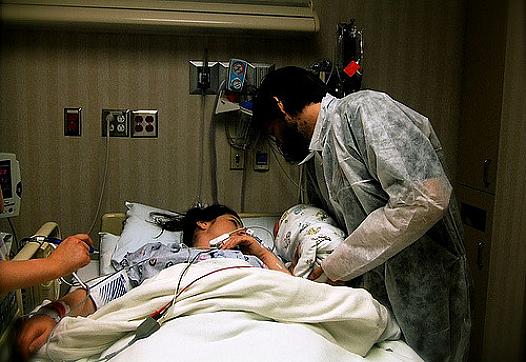
New research finds that among very preterm babies, where they are born matters greatly. And black and Hispanic mothers are more likely to deliver at hospitals with worse outcomes.

New research finds that among very preterm babies, where they are born matters greatly. And black and Hispanic mothers are more likely to deliver at hospitals with worse outcomes.
![[Photo by Bradley Gordon via Flickr.]](/sites/default/files/styles/teaser_list_thumbnail_large/public/title_images/unnamed_146.jpg?itok=k2xAsmO8)
“Have a plan, but expect to ditch it,” a news mentor drilled into my head 25 years ago. “If you’re well prepared but open to wherever the story leads you, the journalism gods will reward you.”

A mysterious cluster of rare, fatal birth defects has devastated families in three rural counties in Washington state. JoNel Aleccia of The Seattle Times shares key lessons from how she reported her award-nominated fellowship series.

In recent months, Fresno School Board President Brooke Ashjian has launched a series of attacks on Fresno Bee reporter Mackenzie Mays over her reporting on the district's failure to provide basic sex ed to students.

Once again, Congress is considering a bill that would repeal the Affordable Care Act (ACA) and make major cuts to Medicaid. Next week, the Senate may vote on this latest repeal effort, led by Senators Lindsey Graham of South Carolina and Bill Cassidy of Louisiana.

Christin Farmer knew she wanted to help women have babies at 16, when she watched an episode of TLC's "A Baby Story" and saw a midwife with a birthing center delivering babies.

Birth attendants can positively affect outcomes for mothers and infants. But access to them is often out of reach for low-income and minority women, who have the highest rates of infant and maternal mortality.
![[Photo by USDA via Flickr.]](/sites/default/files/styles/teaser_list_thumbnail_large/public/title_images/unnamed_106.jpg?itok=qxjDyHWk)
It's those first 1,000 days — from conception until a child's second birthday — that the brain most needs the right mix of nutrients to fully form. But programs that focus on such developmental goals are now at risk.

One writer shares her story of how the health care system missed repeated warning signs of preeclampsia while giving birth to her daughter. She later found her medical record was rife with mistakes and omissions.

California has been particuarly aggressive in its data-driven effort to curb high C-section rates at hospitals throughout the state. The results from early pilot projects have been promising.